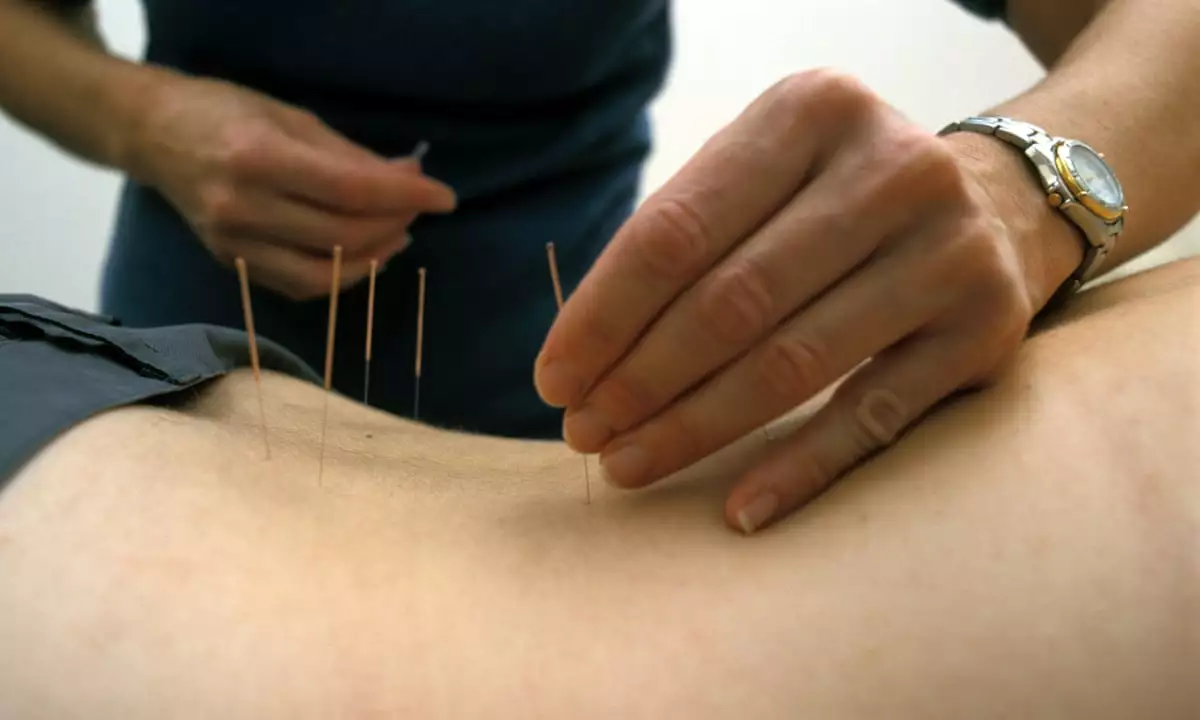Acupuncture: Quick Guide to What It Is and Why People Try It
If you’ve heard friends talk about tiny needles helping with pain or stress, you’re probably curious about acupuncture. In simple terms, it’s a traditional Chinese practice where thin metal needles are placed at specific points on the body. The goal? To balance energy flow, reduce discomfort, and boost overall well‑being. No surgery, no heavy meds—just a calm environment and some carefully positioned needles.
How a Typical Acupuncture Session Goes
Your first appointment usually starts with a chat about why you’re there—headaches, back pain, insomnia, anything that’s bothering you. The practitioner will ask about your health history, then guide you to lie down on a comfy table. After a quick look at the points they’ll use, they gently insert needles that are so fine most people feel only a slight pinch or warmth.
The needles stay in place for 15‑30 minutes while you relax. Some clinics play soothing music or let you watch nature videos; others keep it quiet for meditation. After the time’s up, the practitioner removes the needles and might give you simple after‑care tips—like drinking water or avoiding intense exercise for a few hours.
Top Reasons People Choose Acupuncture
Pain relief: Backaches, knee pain, and migraines often improve after a few sessions. The needles stimulate nerves and release natural painkillers, which many find quicker than waiting for prescription meds to kick in.
Stress reduction: Needle insertion can trigger the body’s relaxation response, lowering cortisol levels. You’ll usually leave feeling calmer, even if you came in stressed out.
Better sleep: People with insomnia report deeper, more consistent rest after regular treatments. The calming effect on the nervous system helps reset your sleep cycle.
Digestive support: Some folks notice fewer stomach cramps and better digestion, especially when they pair acupuncture with dietary tweaks.
While many enjoy these benefits, acupuncture isn’t a miracle cure. It works best as part of a broader health plan that includes proper diet, exercise, and any prescribed medication you need.
What to Know Before Your First Visit
Pick a licensed practitioner—look for certification on their website or ask the clinic for proof. Bring a list of current meds and any recent surgeries; this helps the acupuncturist avoid points that might interfere with healing.
Wear loose clothing so it’s easy to expose arms, legs, or back without feeling uncomfortable. Arrive a few minutes early to fill out paperwork and relax before the needles go in.
If you’re nervous about the needles, speak up. Most acupuncturists will adjust depth or choose points that cause less sensation for first‑timers. A little anxiety is normal, but many say the calm atmosphere makes the experience smoother than expected.
Acupuncture isn’t recommended if you have bleeding disorders, are pregnant (certain points are off‑limits), or have a pacemaker. Always tell your practitioner about these conditions so they can tailor the session safely.
Bottom line: acupuncture offers a low‑risk, drug‑free way to tackle pain, stress, and sleep issues. Give it a try for a few weeks, track how you feel, and decide if it fits into your health routine. Need more info? Browse our other articles on natural therapies, medication safety, and wellness tips—all in one place at Lazy-Shop-Online.

Sprains and Acupuncture: Can It Help with Pain and Recovery?
In a recent blog post, I explored the potential benefits of acupuncture in treating sprains and aiding in pain relief and recovery. From my research, I discovered that acupuncture may help reduce inflammation and increase blood flow to the affected area, which can accelerate the healing process. Moreover, acupuncture has been known to alleviate pain by releasing endorphins, our body's natural painkillers. While more research is needed to confirm these findings, the results so far are promising. If you're considering alternative treatments for a sprain, acupuncture might be worth looking into!
read more